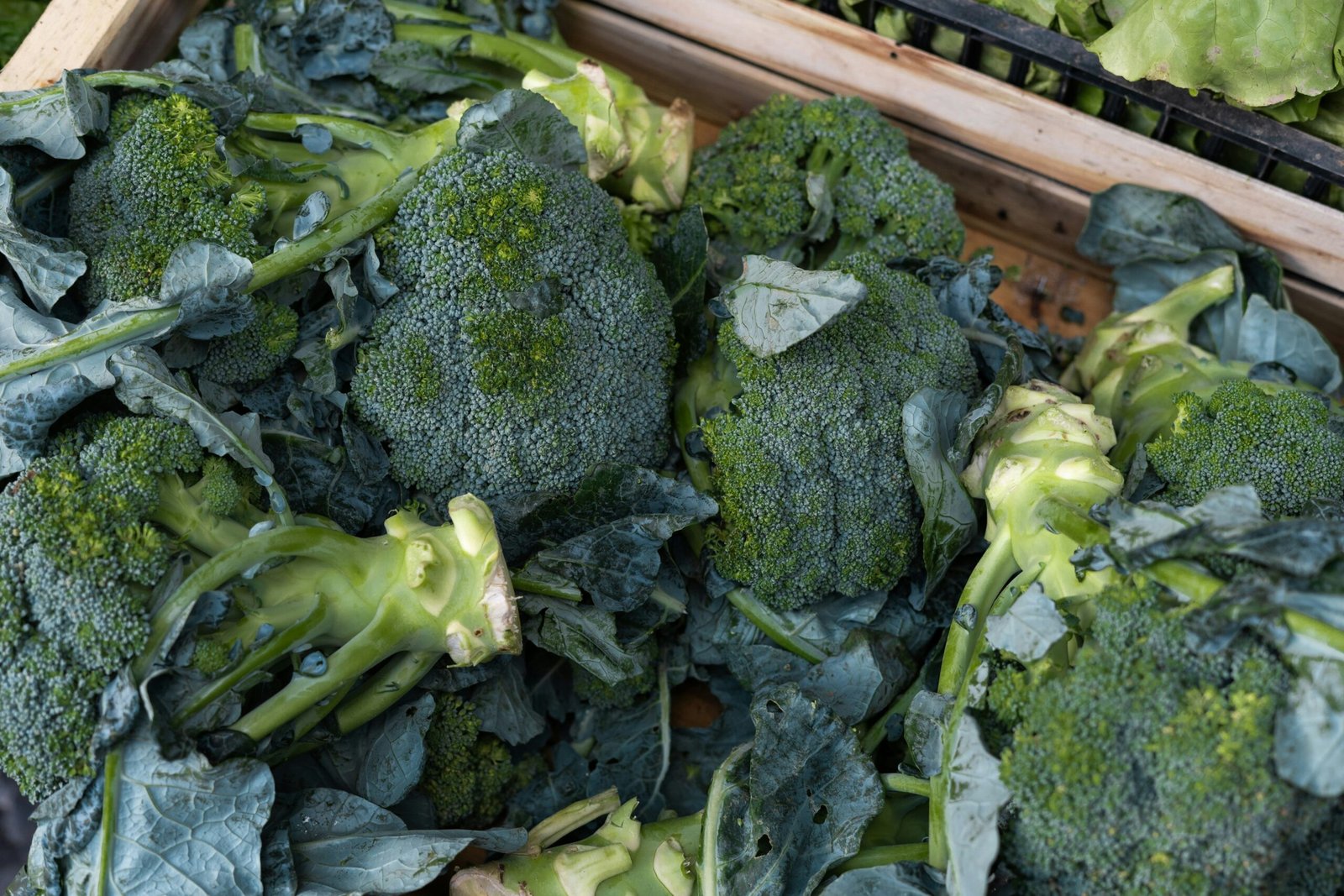Finding Markets for Agricultural Products in Nigeria
Accessing markets is a critical component for the success of agricultural enterprises in Nigeria. Farmers must navigate both traditional and modern avenues to ensure their products reach the appropriate buyers. Traditional channels such as local markets and cooperatives remain vital, providing immediate access to local consumers and collective bargaining power. Farmers can benefit from the extensive networks established within cooperatives, which facilitate the sharing of market information and resources.
In recent years, modern approaches have gained traction, significantly enhancing agricultural market access and pricing in Nigeria. Online marketplaces have emerged as potent platforms, allowing farmers to reach a broader audience beyond their immediate geographic limitations. Websites and mobile apps dedicated to agricultural trade enable farmers to list their products, connect with potential buyers, and negotiate prices efficiently. Furthermore, these platforms often provide valuable insights into market trends, helping farmers stay informed about current demands and pricing dynamics.
Export opportunities also present a lucrative avenue for Nigerian farmers. Identifying potential buyers in international markets requires a thorough understanding of export regulations, quality standards, and market preferences. Farmers can leverage support from government agencies and non-governmental organizations (NGOs) that offer training, resources, and market linkage services. The Nigerian Export Promotion Council (NEPC), for instance, plays a pivotal role in facilitating access to foreign markets by providing information on export requirements and potential buyers.
Networking within the agricultural community is essential for uncovering market opportunities. Participation in agricultural fairs, workshops, and seminars allows farmers to build connections with other stakeholders, including buyers, suppliers, and industry experts. These interactions can lead to valuable partnerships and open doors to new markets.
Understanding market demands and preferences is crucial for success. Farmers must ensure their products meet the required standards and quality to attract buyers. Conducting market research to identify consumer preferences and trends enables farmers to tailor their products accordingly, enhancing their competitiveness in the market.
Negotiating Prices and Understanding Market Trends
Effective negotiation of prices in the Nigerian agricultural market requires a comprehensive understanding of multiple factors. One must first grasp the cost of production, which involves analyzing all expenses related to farming activities. This foundational knowledge allows farmers to set a minimum acceptable price, ensuring that they do not operate at a loss. Additionally, awareness of prevailing market prices is crucial. Market prices can be influenced by various factors such as seasonality, supply and demand dynamics, and broader economic policies.
Seasonality plays a significant role in price fluctuations. For instance, certain crops have peak seasons during which they are abundantly available, leading to lower prices. Conversely, during off-seasons, the scarcity of these crops can drive prices higher. Farmers can leverage this knowledge to time their sales for maximum profitability. Supply and demand dynamics are equally important. A high supply with low demand can depress prices, whereas high demand with limited supply can elevate them.
Economic policies and regulations also have a direct impact on agricultural pricing. Changes in import and export policies, subsidies, and taxation can alter the market landscape, making it imperative for farmers to stay informed about these shifts. The role of market intelligence cannot be overstated. Access to reliable data and market reports enables farmers to make informed decisions about pricing and market entry strategies.
Building strong relationships with buyers and intermediaries is another key strategy. Trust and reliability in business relationships can lead to more favorable terms and recurring business. Utilizing contracts and agreements is also beneficial in securing fair prices and protecting against market volatility. Contracts can outline specific terms, reducing uncertainties and ensuring that both parties adhere to agreed-upon conditions.
Understanding market trends is essential for long-term planning and profitability. Keeping abreast of technological advancements, consumer preferences, and global market movements allows farmers to adapt and innovate. This proactive approach helps in sustaining profitability and competitiveness in the ever-evolving agricultural market.
